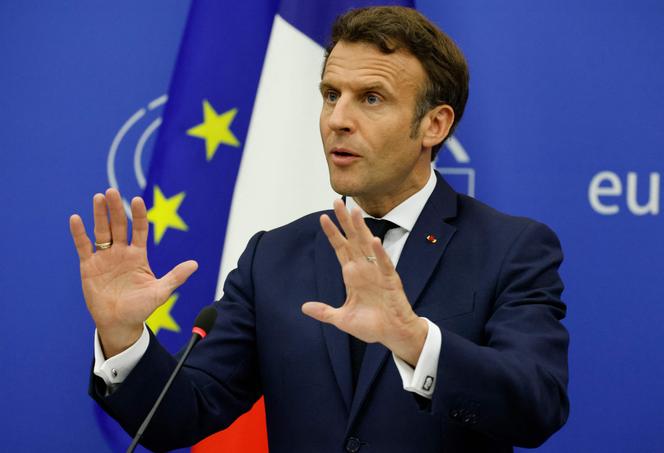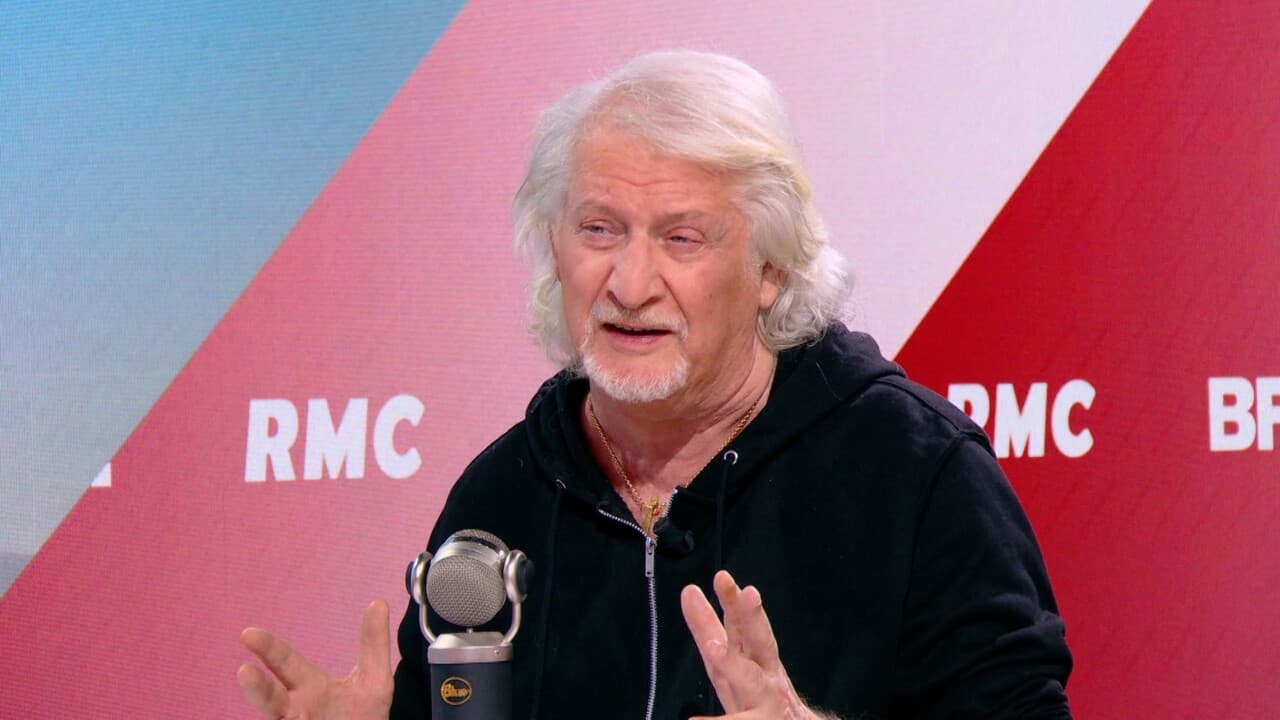In a shocking live television confrontation, renowned psychologist Jordan Peterson publicly dismantled UK Labour leader Keir Starmer, leaving viewers stunned and social media abuzz. What began as a routine political discussion quickly devolved into a high-stakes intellectual showdown, with Peterson delivering a barrage of incisive critiques that exposed the glaring weaknesses in Starmer’s leadership.
 Peterson, known for his sharp intellect and unwavering stance on free speech, confronted Starmer about his party’s approach to pressing societal issues, particularly the controversial topic of grooming gangs. “It’s appalling,” Peterson declared, criticizing Starmer’s reluctance to initiate a national inquiry into the matter. The tension escalated as Peterson likened Starmer’s leadership style to that of a captain lost at sea, fumbling through a guidebook rather than steering with conviction.
Peterson, known for his sharp intellect and unwavering stance on free speech, confronted Starmer about his party’s approach to pressing societal issues, particularly the controversial topic of grooming gangs. “It’s appalling,” Peterson declared, criticizing Starmer’s reluctance to initiate a national inquiry into the matter. The tension escalated as Peterson likened Starmer’s leadership style to that of a captain lost at sea, fumbling through a guidebook rather than steering with conviction.
The exchange felt more akin to a wrestling match than a political debate. Peterson’s relentless energy and articulate arguments left Starmer appearing bewildered, struggling to articulate his positions on socialism and multiculturalism. “Starmer’s identity crisis isn’t temporary; it’s his entire operating system,” Peterson asserted, highlighting the Labour leader’s inconsistent messaging and lack of clear vision.
The stakes are high as the UK approaches a pivotal election, with polls suggesting Starmer could secure a victory. Peterson warned that such an outcome would be “catastrophic,” likening Labour’s trajectory to that of socialist parties in Canada, overwhelmed by a narrative of diversity and inclusion that he believes undermines accountability and moral clarity.
As the debate raged on, Peterson painted a grim picture of the UK under Starmer’s potential leadership. He characterized Starmer’s economic policies as mere “rearranging deck chairs on the Titanic,” devoid of substance and direction. The Labour Party, according to Peterson, has devolved into a bland corporate entity, more concerned with image management than genuine leadership.
Starmer’s handling of cultural issues drew sharp rebuke from Peterson, who accused him of dodging critical discussions out of fear of offending anyone. “Leadership isn’t about avoiding reality; it’s about confronting it,” Peterson emphasized, calling for a more robust dialogue on pressing issues like crime and immigration.
The confrontation culminated in a stark contrast between Peterson’s call for accountability and Starmer’s perceived avoidance of responsibility. Peterson’s philosophy advocates for leaders to take charge of their actions, while Starmer’s approach seems to sidestep accountability, leaving a vacuum of leadership at a time when the nation desperately needs direction.
As the dust settles from this electrifying exchange, one thing is clear: the political landscape in the UK is shifting, and the stakes have never been higher. With the election looming, the public is left to ponder whether they will rally behind a leader who embodies clarity and conviction or continue down a path marked by indecision and ambiguity.





